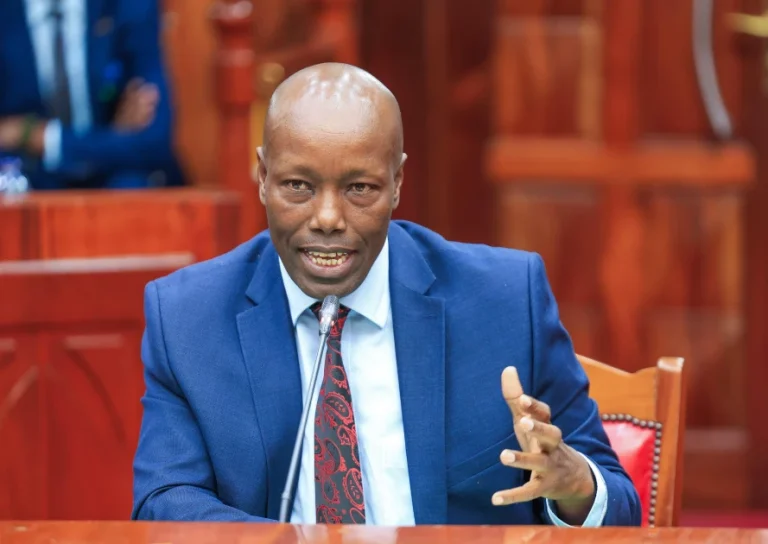Kenya is preparing for a radical surgery of state corporations in decades after a parliamentary committee endorsed a new law that will force Government Owned Enterprises (GOEs) to be strictly commercial.
The Departmental Committee on Finance and National Planning, chaired by Molo MP Kimani Kuria, has recommended that the National Assembly approve the Government Owned Enterprises Bill, 2025 a move set to fundamentally reshape how state-owned businesses are owned, managed and held accountable.
This the committee argues will end decades of hidden bailouts and introduce private-sector governance across key sectors of the economy.
The Bill targets the country’s roughly 60 commercial GOEs, many of which sit at the heart of the economy in energy, transport, agriculture and manufacturing, but have long been criticised for persistent losses, weak management and reliance on the exchequer despite having a profit mandate.
“The Committee, having considered the Government Owned Enterprises Bill (National Assembly Bill No. 40 of 2025) recommends that the House approves the Bill with amendments,” said Kuria in the report tabled before parliament for approval.
At the centre of the proposed law is a push to “institutionalise GOE reforms” by enforcing commercial discipline.
The Bill creates an ownership regime for state enterprises, sets out new governance structures and introduces incentives tied to performance a break from the past where political interference, bloated boards and weak management crippled commercial entities.
For the first time, all GOEs will operate under a unified legal structure. The Bill proposes that every commercial state corporation be incorporated under the Companies Act, replacing the current patchwork of Acts of Parliament, legal notices and ad hoc instruments that govern them.
The committee members in their recommendations to parliament said this shift is critical to re-aligning state corporations with their core mandate, making profit, paying dividends to the exchequer and reducing exposure to fiscal risk.
A key reform is the ring-fencing of public service obligations (PSOs). Many state corporations routinely justify losses on the basis of “public service duties” often undefined, uncosted and unfunded.
The Bill requires all such obligations to be formally contracted, costed and fully compensated through the budget.
Any GOE undertaking an activity that is not commercially viable must have a written agreement with the National Treasury that outlines the subsidy or full funding required.
“This introduces long-missing transparency and gives clarity on which losses are justified and which stem from poor governance or inefficiency,” the bill proposes.
The Committee noted that weak regulations, inadequate management capacity and lack of accountability have turned many GOEs into a fiscal burden rather than profitable assets.
These inefficiencies, it said, have resulted in a “financial drain on Government resources” a problem the Bill seeks to arrest.
Kenya has over 240 state corporations, but only about 60 are commercial entities intended to operate as businesses.
Instead, many have survived on regular bailouts, guarantees and Treasury advances that add pressure to an already strained budget.
With Kenya grappling with a tight fiscal environment, rising debt service costs and limited fiscal space, the Bill signals a shift towards forcing state businesses to stand on their own feet.
The Bill draws a clear boundary between the profit-making obligations of GOEs and public-good functions. Commercial operations must be run on business terms, while public service roles such as subsidised tariffs, unprofitable routes or emergency services must be separately funded and transparently accounted for.
Bill now moves to the floor of the House for debate and adoption, if passed, Kenya’s commercial state corporations will face their most significant shake-up in years, unified legal status, stricter reporting requirements, commercial focus, defined public obligations and an end to unstructured bailouts.
by JACKTONE LAWI












